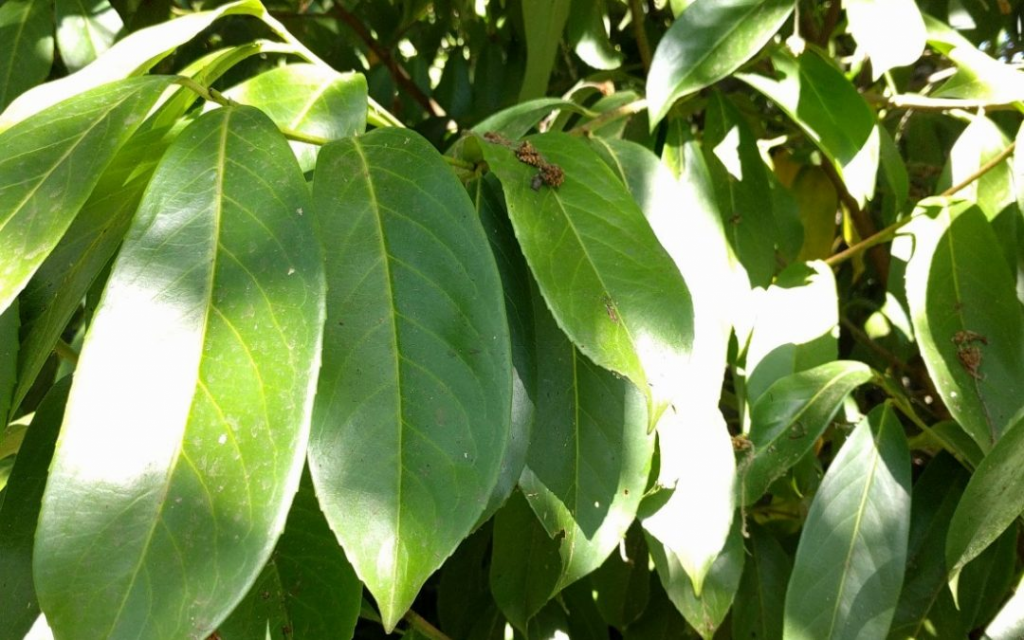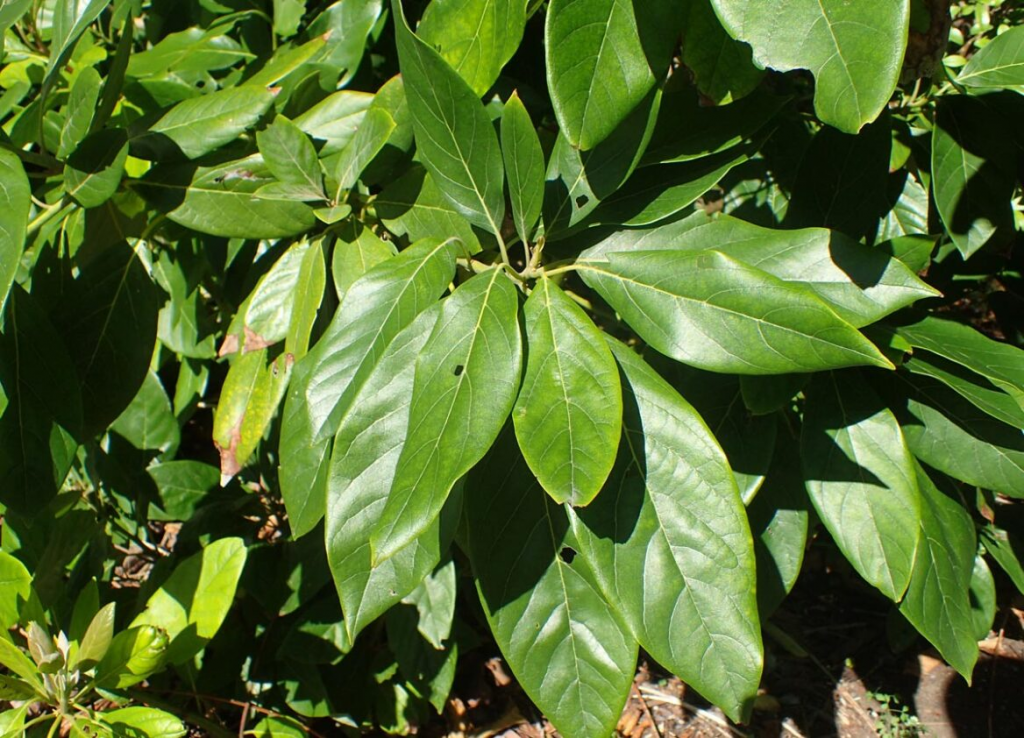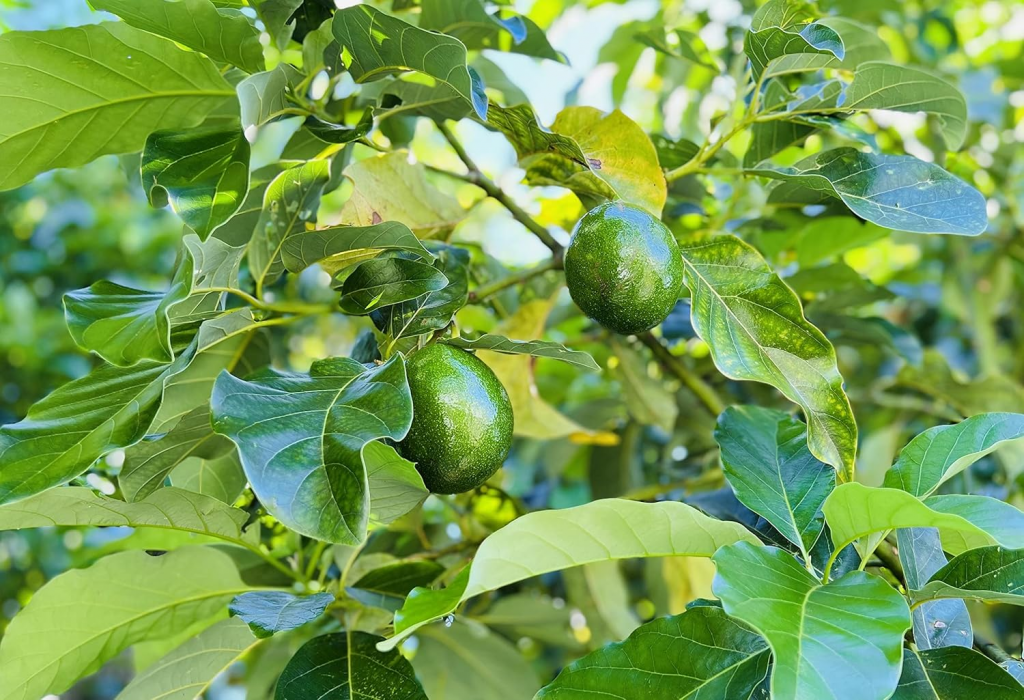When most people think of avocado, they picture the creamy green fruit packed with healthy fats. But few realize that the leaves of this plant—often overlooked or discarded—are considered one of nature’s hidden “treasures” for supporting health. In fact, in traditional medicine across parts of Africa, Asia, and Latin America, avocado leaves have been used for centuries as teas, poultices, and infusions. Now, modern research is catching up, finding valuable compounds that suggest these humble leaves may have more to offer than we ever imagined.
Did you know that avocado leaves contain antioxidants, flavonoids, and phytochemicals that may support circulation, help maintain blood sugar levels, and promote overall wellness? While many people spend hundreds on supplements and treatments, these leaves can often be found in your own backyard or kitchen garden. By the time you finish reading this, you’ll see why avocado leaves are being hailed as a natural ally for everyday health and why incorporating them into your routine might be simpler than you think.

What Makes Avocado Leaves So Special?
Avocado leaves are not just an agricultural byproduct. They contain unique compounds that give them potential therapeutic value.
- Quercetin: A flavonoid with antioxidant and anti-inflammatory properties.
- Persin: Found specifically in avocado leaves, persin is believed to play a role in microbial defense.
- Phenolic compounds: Known for their antioxidant activity, which helps protect the body from oxidative stress.
- Minerals: Calcium, magnesium, potassium, and phosphorus support bone, muscle, and heart health.
What’s fascinating is that many of these compounds are also found in the fruit and seed, but the concentration in the leaves makes them particularly valuable.
Key Health Benefits of Avocado Leaves
1. Supporting Healthy Blood Sugar
Traditional use and some emerging studies suggest avocado leaf tea may help stabilize blood sugar levels. People with concerns about energy spikes after meals often turn to natural solutions, and this is where avocado leaves have gained attention.

2. Promoting Circulation and Heart Health
The flavonoids and antioxidants found in avocado leaves may support blood vessel flexibility and circulation. A warm cup of avocado leaf tea after meals is a common household remedy in parts of Mexico for supporting heart health naturally.
3. Easing Digestive Discomfort
Avocado leaves are often brewed into tea to calm the stomach. Their natural compounds are thought to relax intestinal muscles, which may help reduce bloating or indigestion after heavy meals.
4. Natural Support for Joint and Muscle Wellness
Thanks to their anti-inflammatory properties, avocado leaves are sometimes applied topically as poultices or used in baths. While not a cure, many find it soothing for tired muscles or stiff joints.
5. Boosting Immunity with Antioxidants
Free radicals can accelerate aging and weaken the immune system. The antioxidants in avocado leaves help combat oxidative stress, potentially giving your immune system extra support.

How to Use Avocado Leaves at Home
Using avocado leaves doesn’t require complicated preparation. Here are some practical ways:
| Method | How to Prepare | Suggested Use |
|---|---|---|
| Avocado Leaf Tea | Boil 3–5 fresh or dried leaves in 2 cups of water for 10 minutes. Strain before drinking. | Drink warm, 3–4 times per week. |
| Infused Bath | Add a handful of clean, dried leaves to a tub of hot water. Let steep for 15 minutes. | Soak for 20 minutes for relaxation and joint relief. |
| Poultice | Crush fresh leaves and apply directly to affected area (wrapped in clean cloth). | Use as a traditional remedy for minor aches. |
Always use clean, pesticide-free leaves. If you grow avocados at home, this is the easiest way to ensure safety.

Real-Life Experiences and Traditional Wisdom
In Mexico, avocado leaf tea has long been used after meals to aid digestion. In Nigeria, some families rely on crushed avocado leaves to soothe headaches or muscle tension. While these uses are based on tradition rather than strict clinical trials, they reflect the global trust placed in this natural remedy.
One story often shared is of a grandmother in Oaxaca who drank avocado leaf tea daily. Well into her 80s, she attributed her steady energy and strong memory to this simple habit. Though anecdotal, stories like these highlight the cultural heritage that modern science is only beginning to examine.
Precautions and Things to Keep in Mind
- Moderation matters: Drinking 1–2 cups of avocado leaf tea per day is generally considered safe in traditional practices. Overuse may cause side effects.
- Pregnancy and breastfeeding: Always consult a doctor before using herbal remedies.
- Medical conditions: If you are on medications for blood pressure, diabetes, or heart health, consult your healthcare provider before adding avocado leaves to your diet.

Conclusion
Avocado leaves may be one of nature’s most overlooked treasures. Packed with antioxidants, flavonoids, and minerals, they have been used traditionally to support digestion, circulation, blood sugar, and general wellness. Whether enjoyed as a soothing tea or used topically, avocado leaves offer an affordable, accessible way to reconnect with natural health practices.
FAQ Snapshot
- Can avocado leaves cure diseases? No. They may help support wellness, but they are not a replacement for medical treatment.
- Are avocado leaves safe for daily use? In moderate amounts, they are generally considered safe, but always consult a healthcare provider if unsure.
- Do dried leaves work as well as fresh ones? Yes, dried leaves retain many of their beneficial compounds and are often more convenient to store.
*Disclaimer: This article is for informational purposes only. It does not replace professional medical advice, diagnosis, or treatment. Always seek guidance from a qualified healthcare provider before starting any new health practice.




